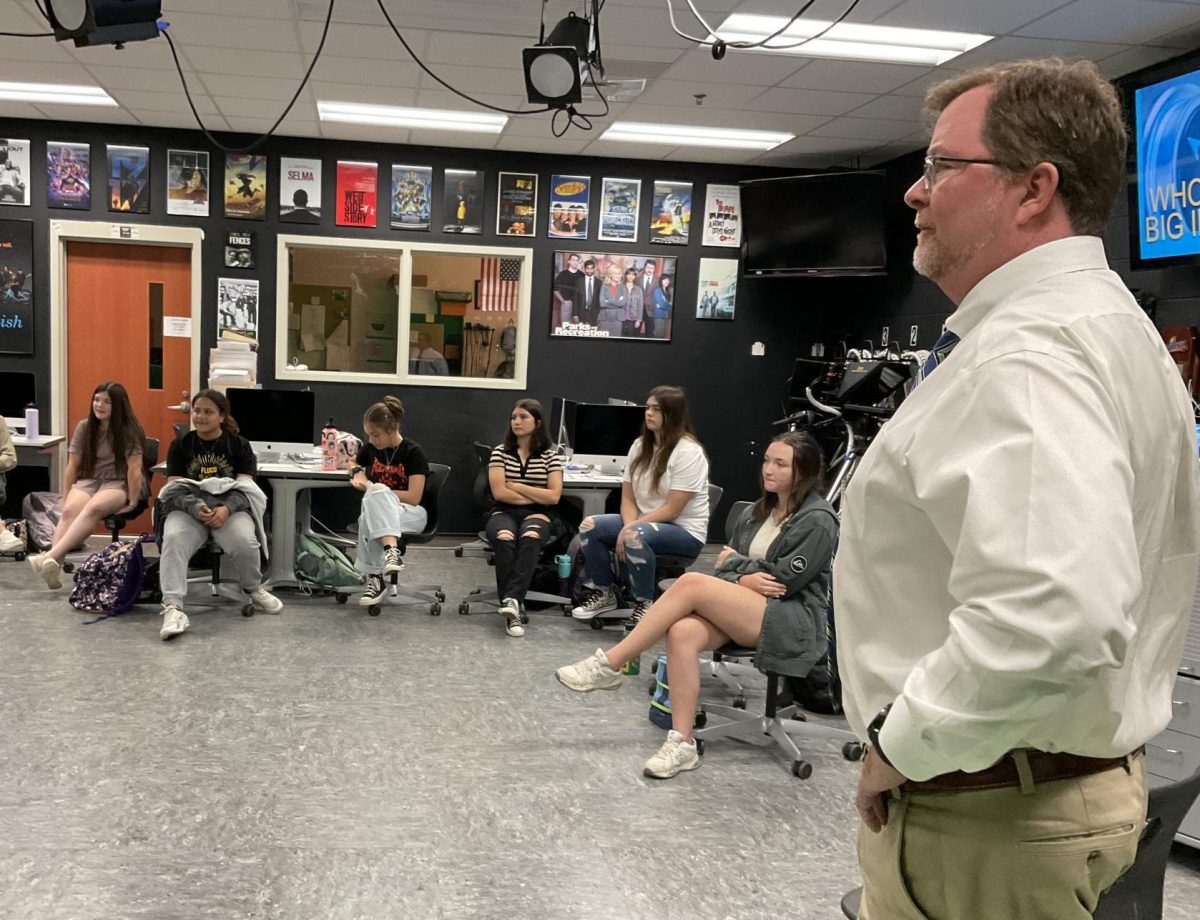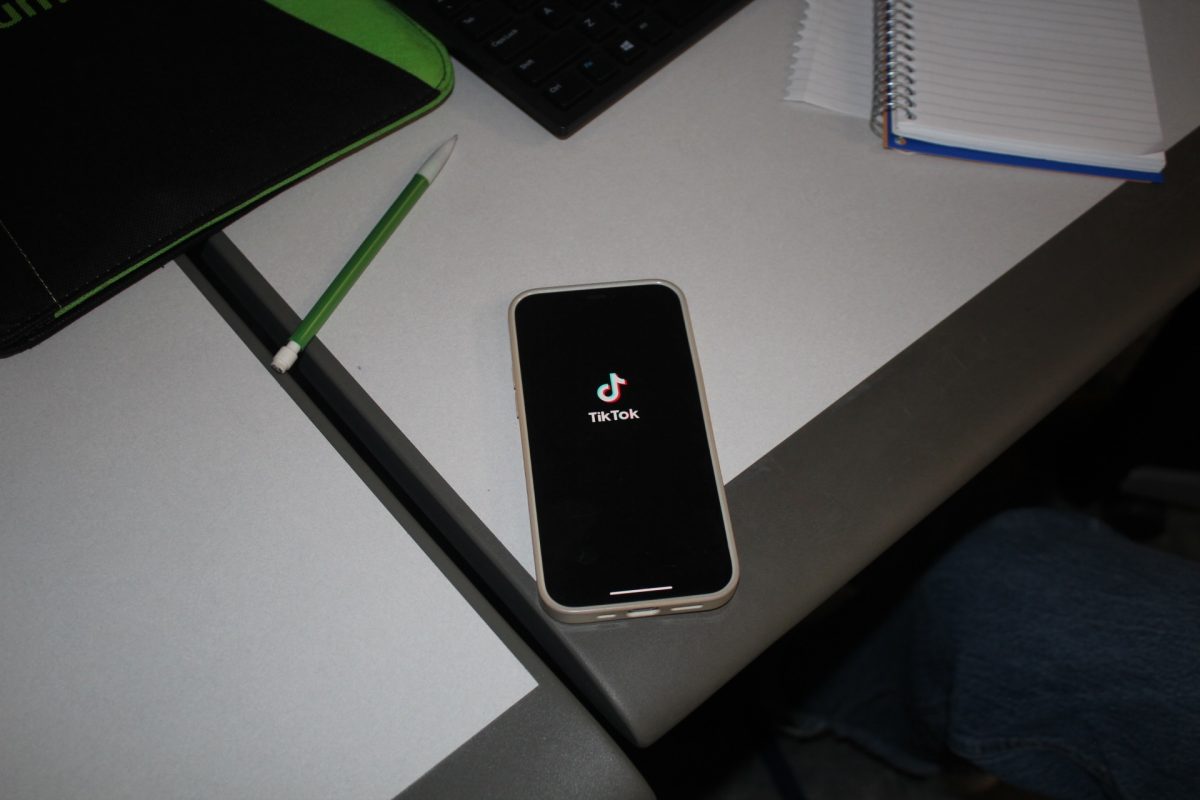In recent times the country of South Korea has had a lot of eyes on it, whether from the popularity of Korean entertainment, or news of their president ordering martial law. The South Korean government is currently in a major spiral, with some unsure of its future.
On Dec. 3, 2024, President Yoon Suk Yeol declared martial law. The Atlantic Council stated Yoon cited the need for protection from “North Korean communist forces” and “anti-state forces.” Yoon also said he wanted to “rebuild and protect the nation from falling into ruin.”
Yeol’s decision was not taken lightly by South Korean citizens, with many protests taking place shortly after.
“Even if a public emergency is declared, the rule of law must still prevail. Martial Law cannot and must not be used as a tool to suppress dissent or curtail fundamental freedoms. President Yoon’s actions must adhere to international standards given the severe threat to the rule of law and the protection of human rights,” said Amnesty International East Asia researcher Boram Jang.
One South Korean woman, speaking on condition of anonymity, told BBC News she felt Yoon was “attempting to restrict everyone’s freedom and right to express their concerns and judgment towards the government, adding “I am so scared that South Korea will turn into another North Korea.”
This ultimately led the South Korean government to impeach President Yoon on Dec. 14, 2024. Since then, the South Korean government has still been in flux, with Acting President Han Duck Soo, who took office after the impeachment of Yoon, also being impeached just 12 days later. According to the American Press, Soo was impeached due to his refusal to accept a DP (Democratic Party) demand that would immediately appoint three vacant justices’ seats at the Constitutional Court.
“Han’s impeachment now creates an opportunity for external threats while causing Korea’s foreign partners to alienate it from the global community,” said Duyeon Kim, a senior analyst at the Center for a New American Security in Washington.
With South Korea being one of the few democracies in Asia, and approximately 24,000 American soldiers (including some former Flucos) stationed there, America is watching these events carefully. As noted in a recent article on The Hill, what has happened in South Korea is “a harbinger for what can happen when nationalist polarization goes unchecked.”







